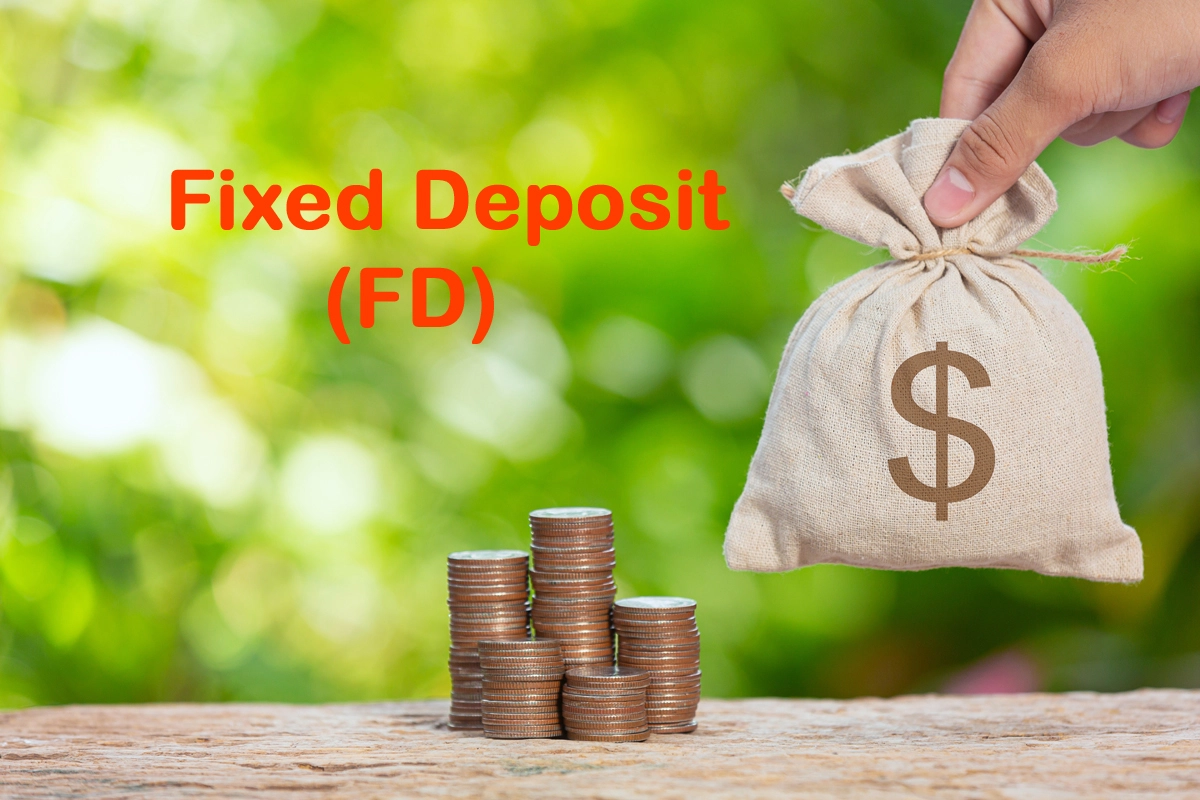
A Fixed Deposit (FD) is a financial instrument provided by banks and financial institutions where you deposit a sum of money for a fixed period at a predetermined interest rate, typically higher than a regular savings account. The interest rate remains fixed for the entire tenure, offering a guaranteed return on investment. FDs are considered low-risk investments as they are insured by the government up to a certain limit. Withdrawals before the maturity date may incur penalties, but FDs offer liquidity through loans against the deposit. They are popular among investors seeking stable returns with minimal risk to their principal amount.
In conclusion, Fixed Deposits represent a reliable and conservative investment choice for those seeking steady returns with minimal risk. With their simplicity, security, and potential for growth, FDs remain an essential component of many investment portfolios, serving as a cornerstone for financial stability and wealth preservation.
Fixed Deposit (FD) interest rates represent the return earned on funds deposited for a fixed period. These rates, determined by banks, vary based on market conditions and deposit duration. Longer tenures and larger amounts typically yield higher rates. Comparing rates across institutions helps investors maximize returns while ensuring capital security.
To compensate for the low liquidity, FDs offer higher rates of interest than saving accounts. The longest permissible term for FDs is 10 years. Generally, the longer the term of deposit, higher is the rate of interest but a bank may offer lower rate of interest for a longer period if it expects interest rates, at which the Central Bank of a nation lends to banks ("repo rates"), will dip in the future.
Usually in India the interest on FDs is paid every three months from the date of the deposit. (e.g. if FD a/c was opened on 15th Feb., first interest installment would be paid on 15 May). The interest is credited to the customers' Savings bank account or sent to them by cheque. This is a Simple FD. The customer may choose to have the interest reinvested in the FD account. In this case, the deposit is called the Cumulative FD or compound interest FD. For such deposits, the interest is paid with the invested amount on maturity of the deposit at the end of the term.